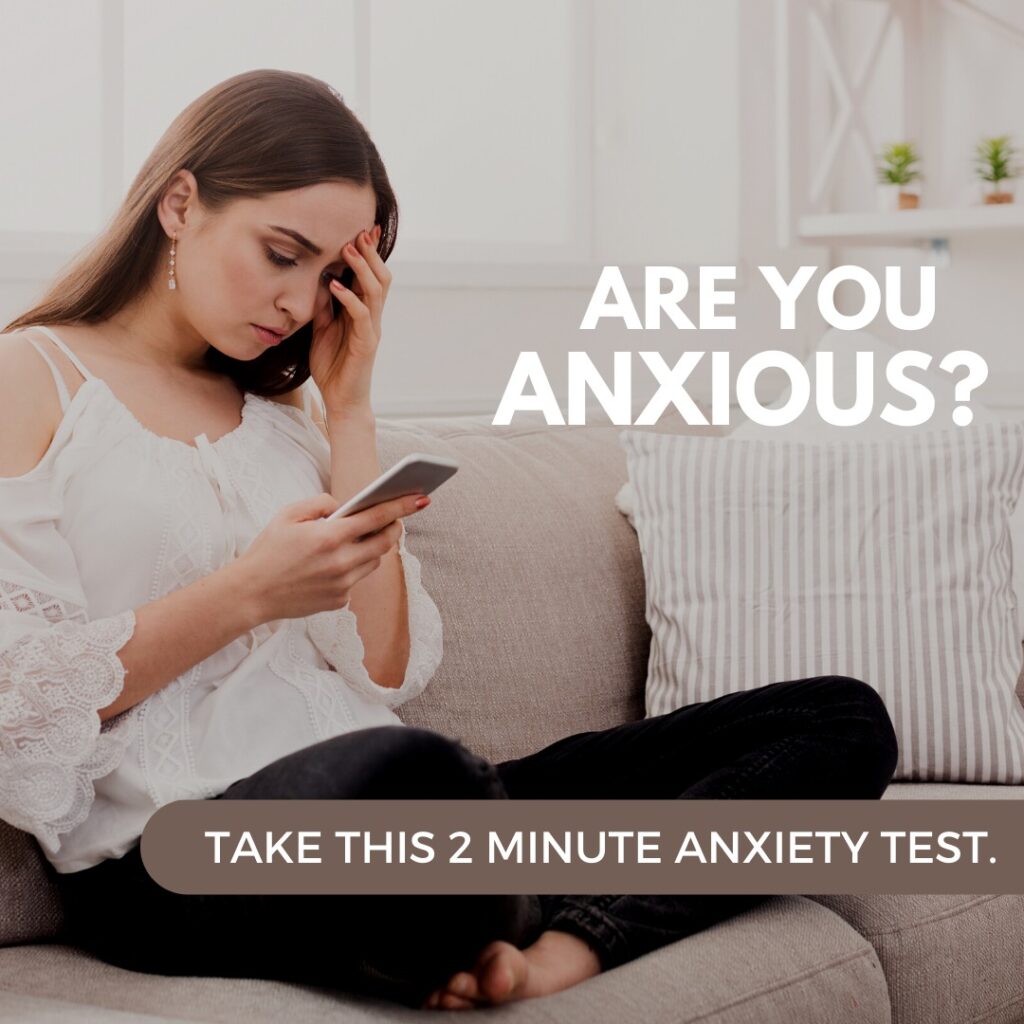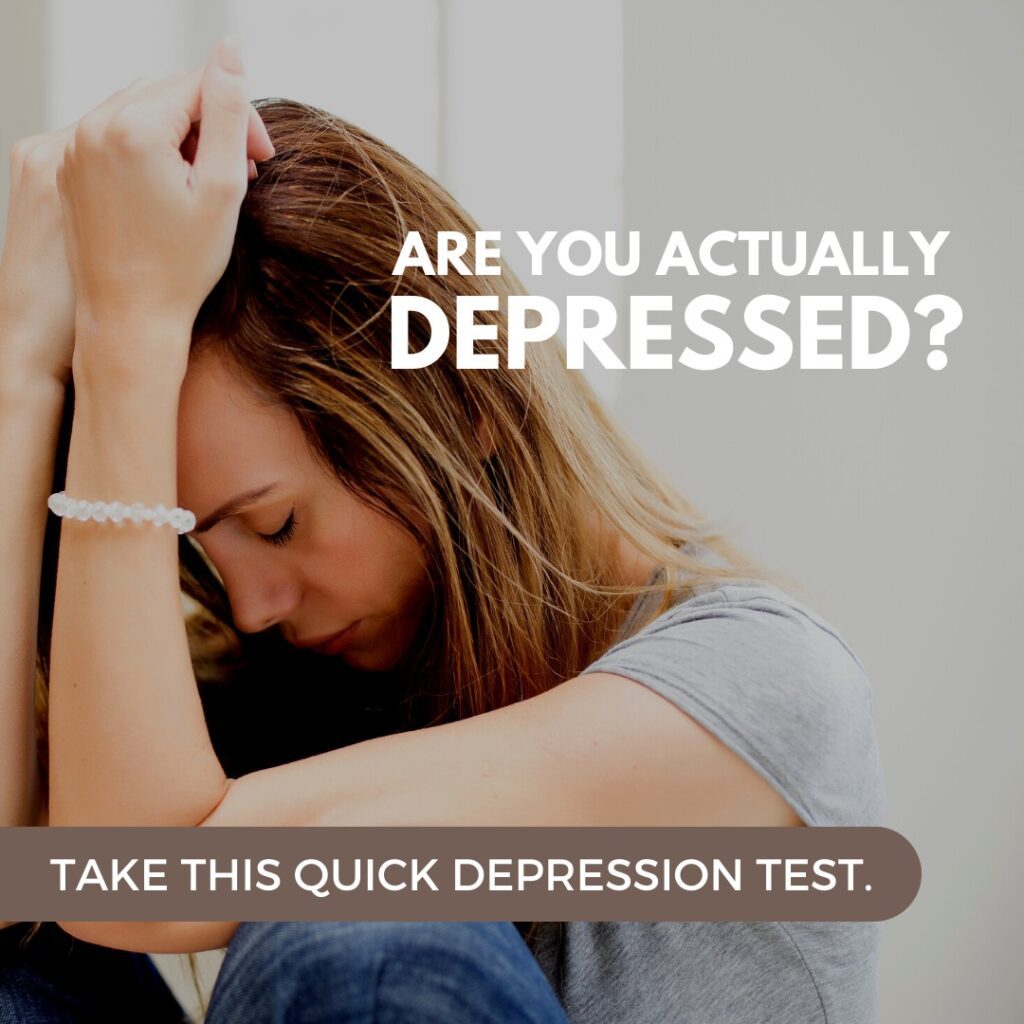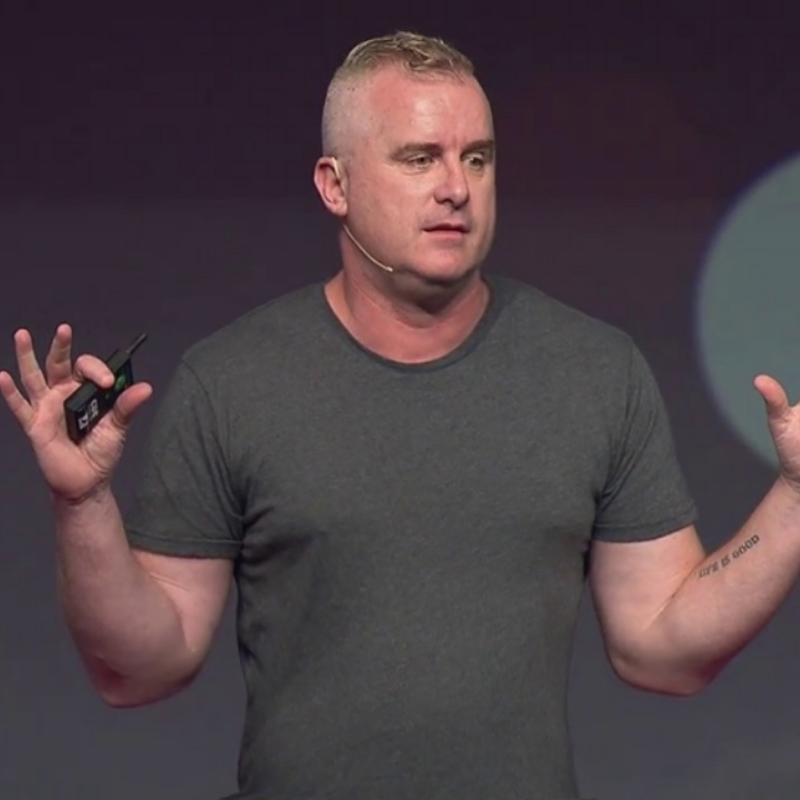Relationships can be a source of joy, love, and support, but they can also be a major cause of stress and anxiety. Whether it’s a romantic relationship, a friendship, or a family relationship, dealing with conflicts, misunderstandings, and different expectations can take a toll on your mental health and well-being. Fortunately, there are many effective ways to cope with stress and anxiety in relationships and find inner peace and harmony. In this article, we’ll explore some practical tips and strategies that can help you manage your emotions, improve your communication skills, and strengthen your relationships.
Introduction:
Understanding Stress and Anxiety in Relationships
Relationships are an integral part of our lives, and they can have a profound impact on our mental and emotional well-being.
While healthy relationships can provide us with comfort, support, and a sense of belonging, unhealthy relationships can cause us a great deal of stress and anxiety.
In fact, relationship problems are among the most common sources of stress and anxiety for people of all ages and backgrounds.
Stress and anxiety are natural responses to challenging situations, and they can be helpful in small doses.
However, when stress and anxiety become chronic and overwhelming, they can take a toll on our mental and physical health. In relationships, stress and anxiety can manifest in many ways, such as:
- Arguments and conflicts
- Lack of trust and intimacy
- Fear of rejection and abandonment
- Negative self-talk and self-doubt
- Depression and loneliness
If you’re experiencing stress and anxiety in your relationships, it’s important to acknowledge your feelings and take steps to manage them.
Here are some practical tips and strategies that can help you cope with stress and anxiety in relationships and find inner peace and harmony.
Practice Self-Care
One of the most important things you can do to cope with stress and anxiety in relationships is to prioritise your own well-being.
This means taking care of your physical, emotional, and mental health by:
- Getting enough sleep and exercise
- Eating a healthy and balanced diet
- Engaging in activities that bring you joy and relaxation
- Seeking support from friends and family
- Taking breaks when you feel overwhelmed
By taking care of yourself, you’ll be better equipped to handle the challenges and demands of your relationships.
Communicate Effectively
Effective communication is key to healthy and happy relationships.
When you’re feeling stressed and anxious, it can be tempting to withdraw or lash out, but this can only make things worse.
Instead, try to communicate your feelings and needs in a calm and respectful manner.
Some tips for effective communication include:
Active listening:
Paying attention to what the other person is saying and showing empathy.
Using “I” statements:
Expressing your feelings and needs without blaming or criticising the other person.
Being specific:
Describing the situation, your feelings, and your expectations clearly and concretely.
Avoiding assumptions and generalisations:
Checking your assumptions and seeking clarification if needed.
By communicating effectively, you can reduce misunderstandings and conflicts, and strengthen your relationships.
Set Boundaries
Boundaries are essential for healthy and respectful relationships.
They help you establish your limits and communicate your expectations, and they prevent others from crossing your boundaries and violating your rights.
If you’re experiencing stress and anxiety in your relationships, it may be helpful to set some boundaries to protect your well-being.
Some examples of boundaries include:
- Saying no when you don’t want to do something.
- Expressing your discomfort or displeasure when someone crosses your boundaries
- Taking time for yourself and your own interests
- Asking for support when you need it
By setting boundaries, you can prevent others from taking advantage of you or disrespecting your needs, and you can create a more balanced and harmonious relationship.
Practice Mindfulness
Mindfulness is a powerful tool for managing stress and anxiety in relationships.
It involves paying attention to the present moment with curiosity and non-judgment, and accepting your thoughts and emotions without trying to change them.
Some ways to practice mindfulness in relationships include:
- Taking deep breaths and focusing on your sensations when you’re feeling stressed or anxious
- Tuning in to your emotions and thoughts without judging or criticising them
- Practicing gratitude and appreciation for the positive aspects of your relationship
- Cultivating compassion and understanding for yourself and others
By practicing mindfulness, you can develop a greater awareness of your own needs and emotions, as well as those of your partner or loved ones.
This can help you to communicate more effectively and respond to challenges in a more positive and productive way.
Seek Professional Help
If you’re experiencing chronic or severe stress and anxiety in your relationships, it may be helpful to seek professional help.
A therapist or counsellor can work with you to identify the underlying causes of your stress and anxiety, and provide you with tools and strategies to manage your symptoms and improve your relationships.
Some types of therapy that may be beneficial for managing stress and anxiety in relationships include:
Cognitive-behavioral therapy (CBT):
This type of therapy focuses on identifying and changing negative thought patterns and behaviors that contribute to stress and anxiety.
Couples therapy:
If you’re experiencing relationship difficulties, couples therapy can help you to improve communication, build trust, and resolve conflicts.
Mindfulness-based therapies:
These therapies incorporate mindfulness practices to help you manage stress and anxiety and improve your relationships.
FAQs
Q: How can stress and anxiety affect relationships?
A: Stress and anxiety can cause a range of negative effects on relationships, including decreased communication, increased conflict, and decreased intimacy and connection.
Q: What are some signs that stress and anxiety are affecting my relationships?
A: Some signs that stress and anxiety may be affecting your relationships include frequent arguments or conflicts, difficulty communicating effectively, feelings of loneliness or disconnection, and a lack of interest in spending time with your partner or loved ones.
Q: How can I talk to my partner or loved ones about my stress and anxiety?
A: It can be difficult to talk about stress and anxiety with others, but it’s important to communicate your needs and feelings honestly and respectfully. You might try starting the conversation by expressing your concerns and asking for support or understanding.
Conclusion
In conclusion, stress and anxiety can have a significant impact on our relationships, but there are many strategies we can use to manage these feelings and improve our connections with others.
By taking care of ourselves, setting boundaries, practicing mindfulness, and seeking professional help when necessary, we can create more fulfilling and harmonious relationships.
Remember, relationships take work and effort, but the rewards are worth it.
Don’t be afraid to seek help when you need it, and prioritise your own well-being in all of your relationships.


















